Living (in) and Leaving Singapore
26 Feb 2021 · Personal, SingaporeComing to Singapore
A bit of back story.
It was around end of 2016. I had just finished my backpacking trip in Europe and started looking for jobs there. After a few months of trying, got rejected by 28 companies, ghosted by another 11, I finally got an offer from a company in Berlin.
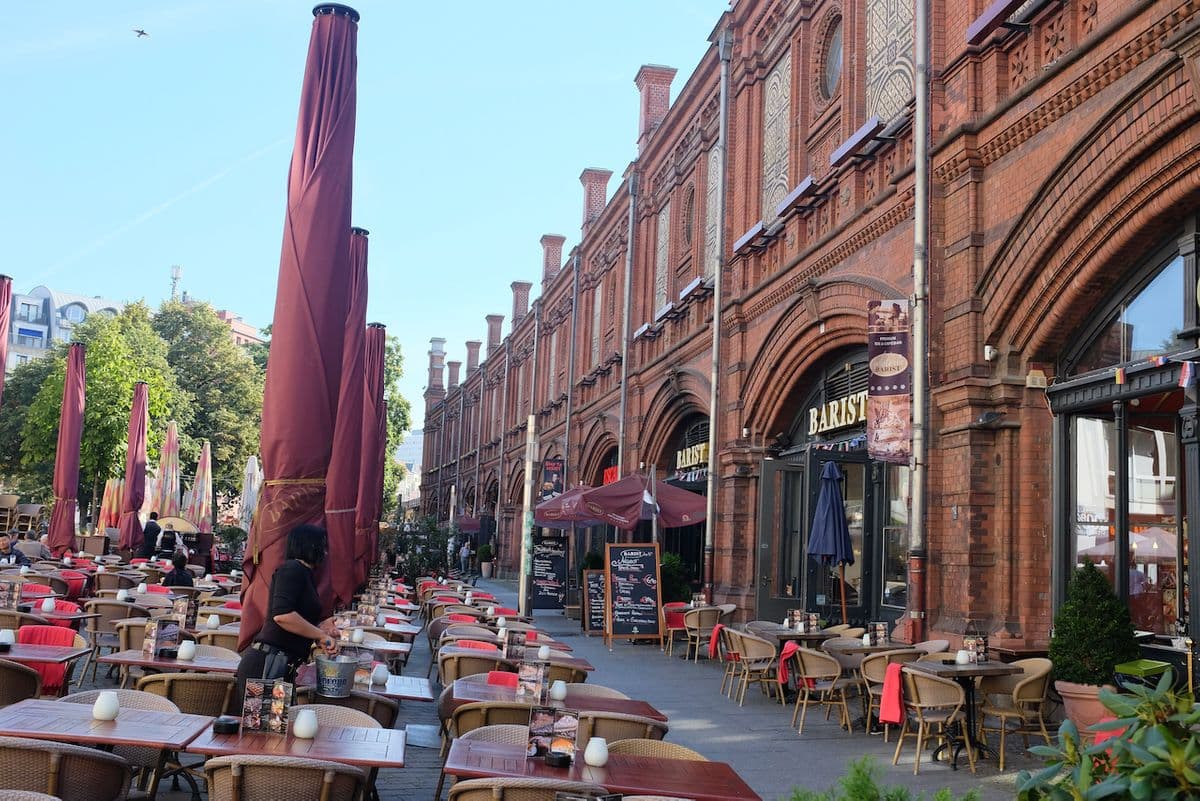
I went back to my hometown waiting for the visa. A few months later, my new company told me that they could not secure my working visa because I did not fit one of the requirements from their government.
So, I had to start looking elsewhere. Singapore and Japan was my priority.
I had heard a lot of bad things about working culture in Japan but after a few visits I like the country in general so that did not stop me.
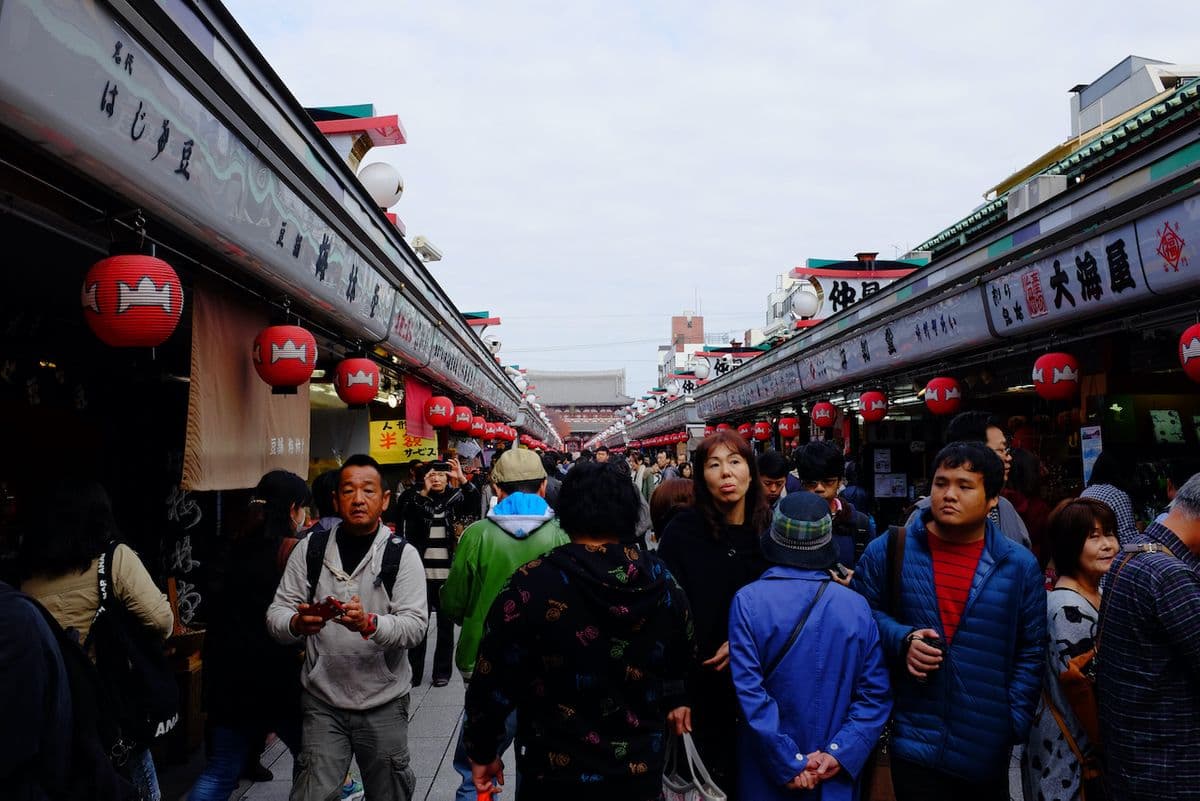
I did not know much or hear much about Singapore apart from it being the only first world country in the region and they are very strict society.
I did visit there twice but the experience was quite superficial since I spent the majority of the time in tourist areas. So how I remembered the country was something along this line:
"Singapore is a very developed country; clean and organised. Everything is expensive. Chicken rice is not really better than what we have in Thailand. Other food were not really memorable."
Yea, very superficial. I probably needed to do more research if I ever got an offer from there.
And I did.
Thankfully, it did not take long to get a job offer this time.
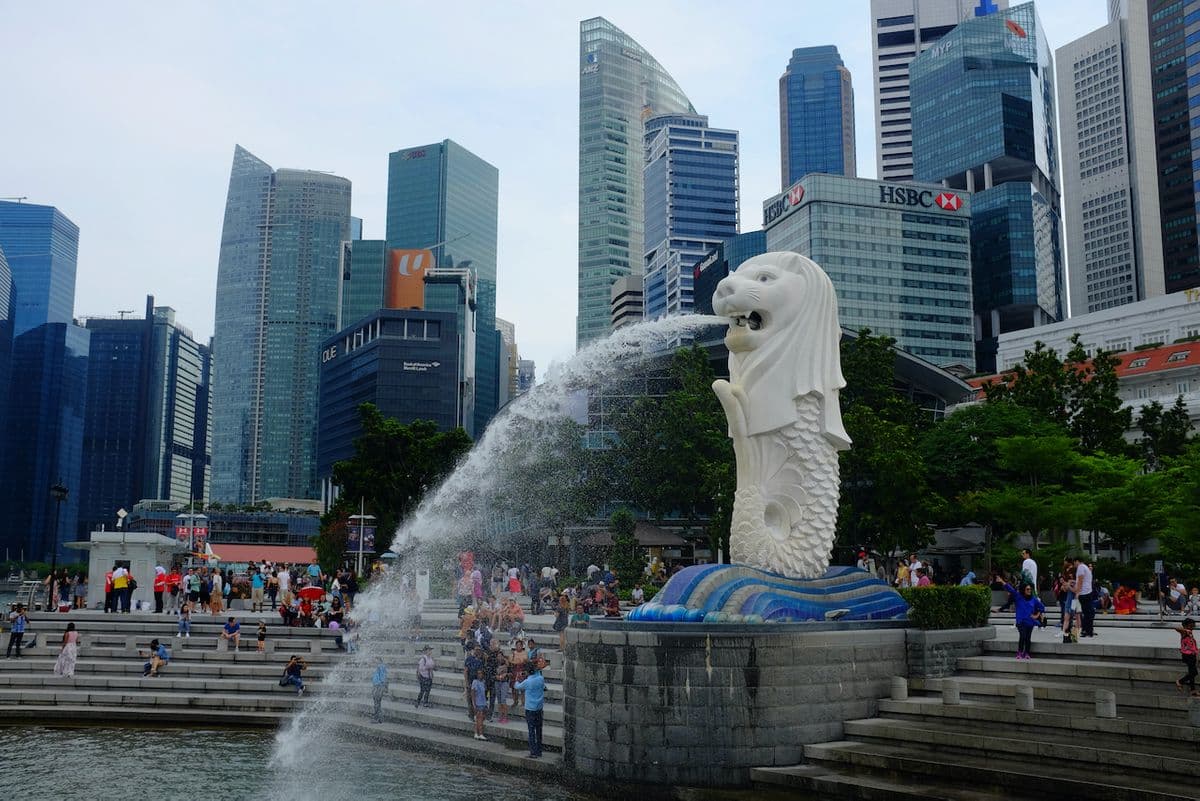
After that due to laziness, I did not research much about the country apart from checking if I can live comfortably there with the offered salary and where should I live. I actually made a little spreadsheet calculating living cost, tax and what kind of saving I am looking at at the end of the day. What surprised me the most was that the tax here is surpisingly cheap.
My biggest worry back then was actually the language. They speak English but, to be honest, I did not understand half of what my interviewers were saying because of the accent.
Living in Singapore
In a gist, I arrived in Singapore on 29 April 2017. My first short stay was at Blanc Inn then I moved to a longer term place at Lakeshore Condominium then I moved around quite a few times. The places that I stayed at least a few months included; The Skywoods, SkyVille, Commontown at Eng Hoon and Spottiswoode 18. I would say I had been staying in a quite variety of places and areas. West, North, Central, shared condo unit, HDB and one bed room condo unit. Price ranged from 900 to 2,300 SGD a month.
My first meal was 2 SGD Laksa at a random road side-shop along Horne Road which I cannot find it in Google Maps anymore. My last meal was White Bee Hoon at White Restaurant at Jewel. One is underpriced and another is quite overpriced, I would say.
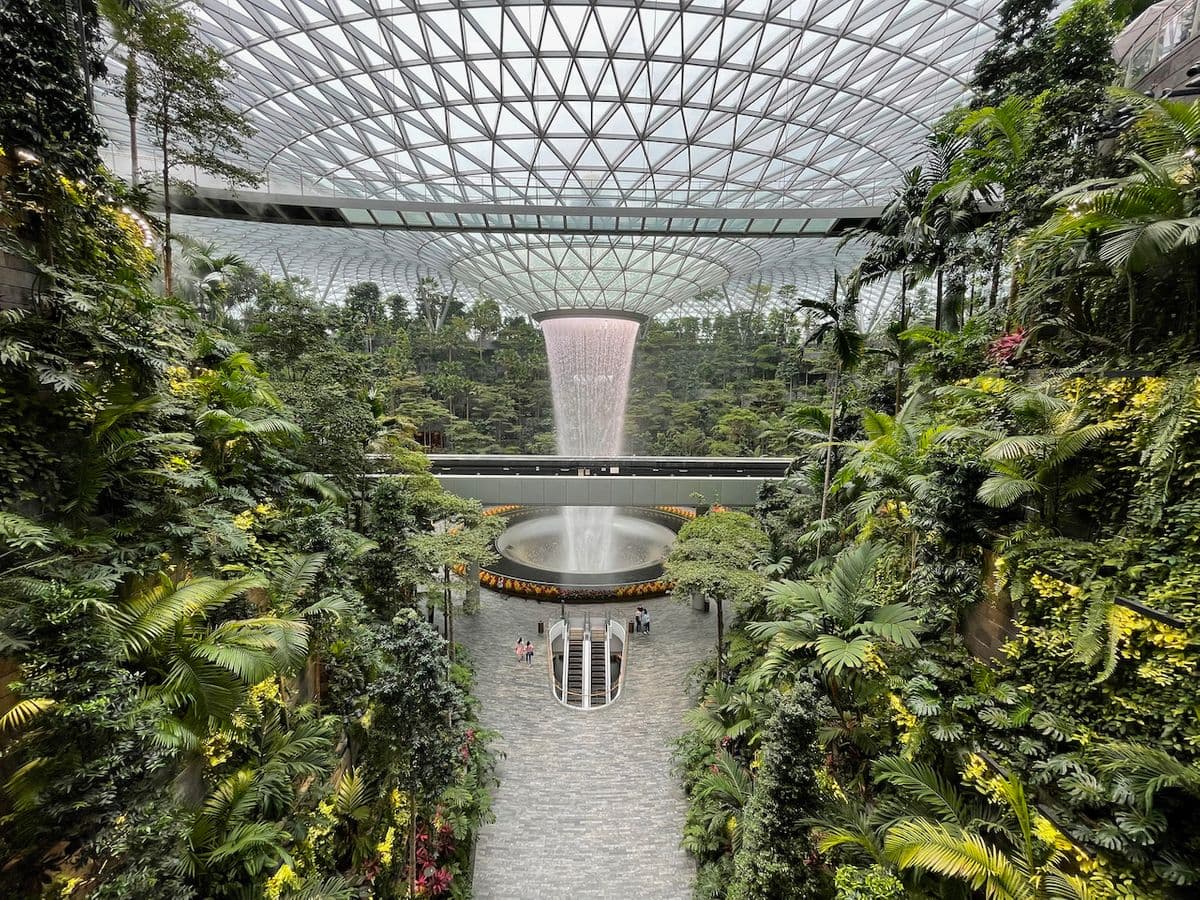
I worked for two different companies in different preriod. The first one was Oddle as a Frontend (Engineer) Lead and the last one was at Argile Partners as a Vice President.
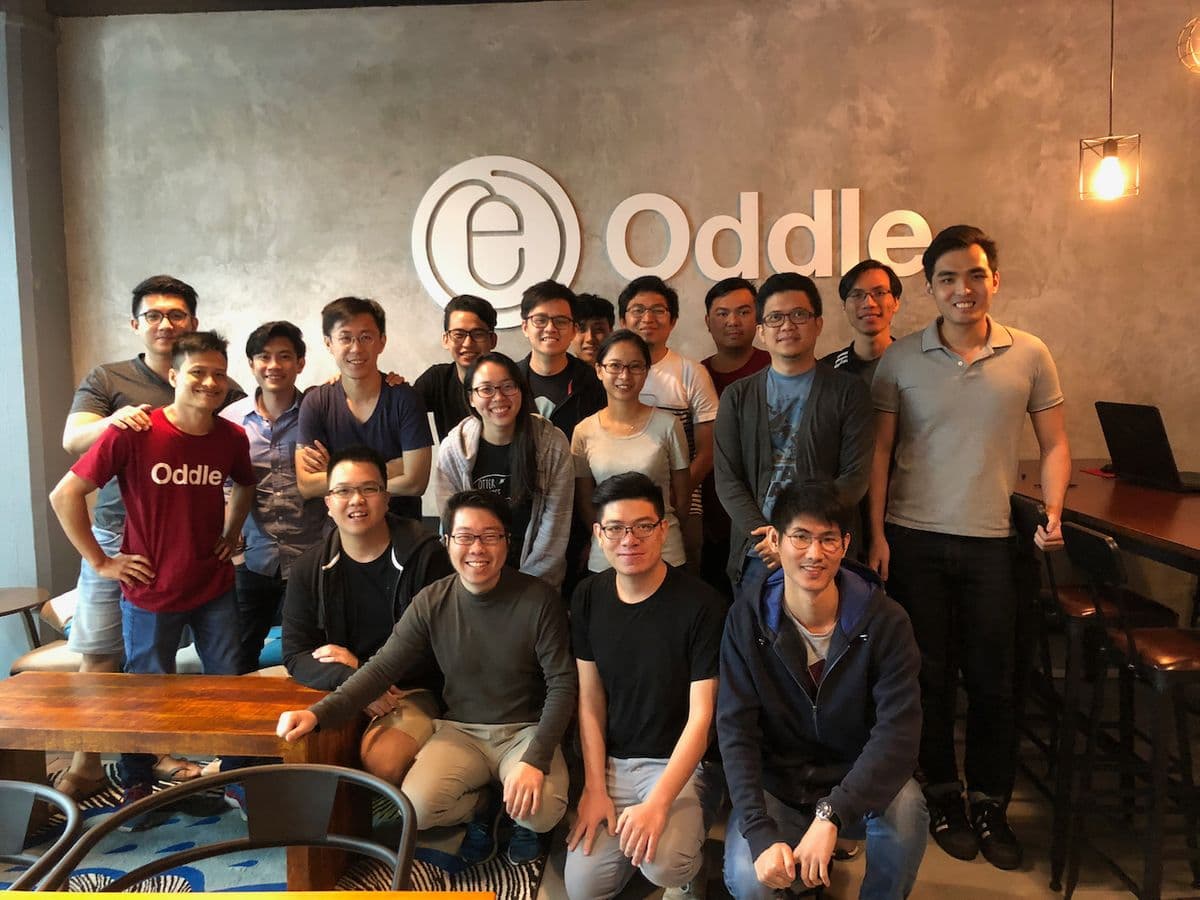
Anyway, I planned to just monologue this whole experience but it became incresingly unreadable as I wrote so I will just segregate it in different sections to make it easier digested.
Accomodation
Accomodation cost here is high. Very high. If you are living in a shared condo room without a bathroom built-in, it would probably cost you around 800 - 1,300 SGD depends mostly on the area and the condo's facility. The facility usually includes a swimming pool, a gym and a tennis court. I am still not entirely sure why a tennis court is very common in this kind of living space.
If you prefer a more private life, you might consider a one bed room condo unit. This would cost you around 2,000 - 3,000 SGD, again, depends on the same criteria above plus the size of the room. Usually, a room in a shared unit does not differ much in term of size but for one bed room it is quite a big factor.
There is another kind of room which is semi-private - a dual key unit. It is basically two seperate rooms with a shared main gate. Usually this type of room is smaller but cheaper than normal one bed unit.
But if you opted for HDB which is government's housing you would pay a bit less because it does not come with your typically condo facility. It could cost you around 600 - 1,100 SGD for a room in shared unit.
There are two terms that you might need to know - common room and master rooom. Common room refers to a room with no bathroom buit in while master room comes with it and usually bigger in size.
And then there is this co-living space which I think it is not much different than a shared unit in a private condo but they are more willing to let you stay with a shorter contract at minimum 3 months as oppsed to minimum 1 year for a private condo.
I had stayed in almost all types of these accomodations mentioned above. I would say what matters to me the most is privacy and the area.
Lakeshore Condominium and The Skywoods are the first two places that I stayed in. Both are quite similar although they are in very different area. The facility is new, the place is quiet and peaceful. However, they are quite far from the community. You would have to spend around 30 minutes to find food or do some grocery shopping. Worse, they are around 40 - 50 minutes from my work which is a bit too much for me. And I would say staying with stragers was not really fun for me. Thankfully, I managed to stay with some colleagues in the later so it was much more comfortable.
SkyVille was the first and only HDB that I stayed in. It was in a better area. 30 minutes from work and 20 minutes from city centre. The lack of condo facility did not bother that much although I kind of missed the fact that I could jump in the swimming pool after I woke up every weekend.
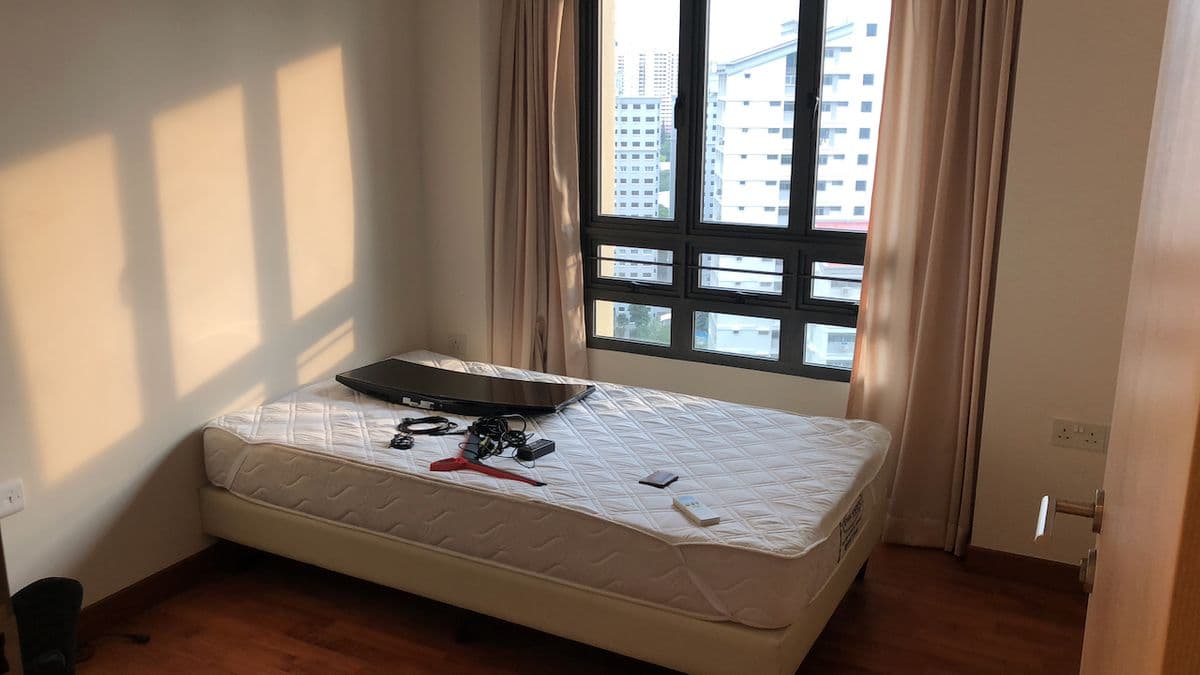
Spottiswoode 18 was the last place that I stayed long term. I would say I like this place the most. It was a one bed room unit with kitchen built in so I can cook everyday during the great Singapore Circuit Breaker preriod. The facility is less good than the other two condominium but it was not that bad. I could still continue my weekend swimming every week. The place was also very near to my workplace. It was only 10 minutes walk. Also it was only a couple of stations away from city center.
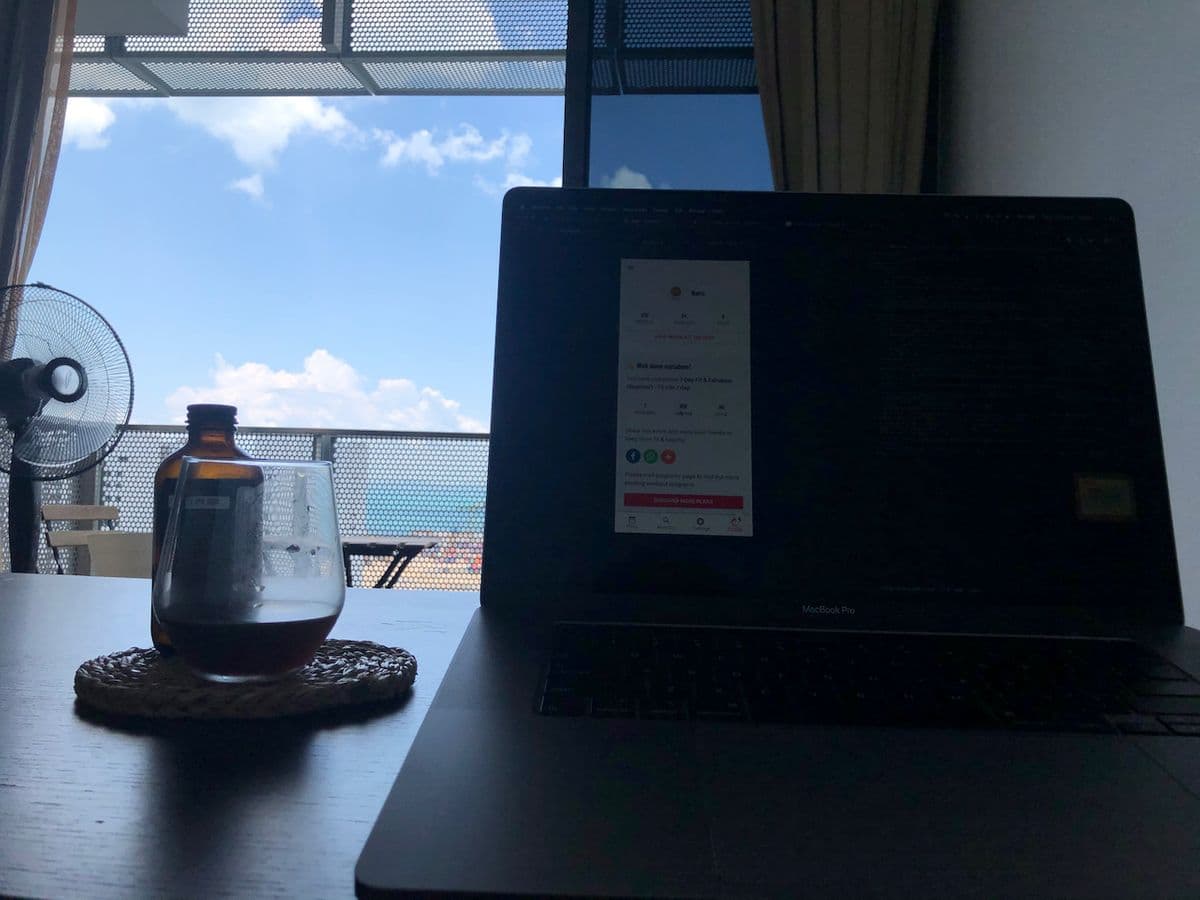
In between these places, I stayed in co-living spaces as a short term measure while I was transitioning to a new place. Commontown at Eng Hoon and Hmlet at Cantonment were the two places that I stayed. I would say it did not feel much different from staying at a shared condo unit. But I also have to say that they were quite good, better than what I thought it would be to be honest. The furniture was new and the place was clean. The shared area was not bad, actually, I really liked the co-working space at Hmlet. It was spacious, and reasonably quiet. I would not mind staying there again. I might have to mention I did not interact much with the housemates there because that is how I am so I could not comment on this aspect of co-living.
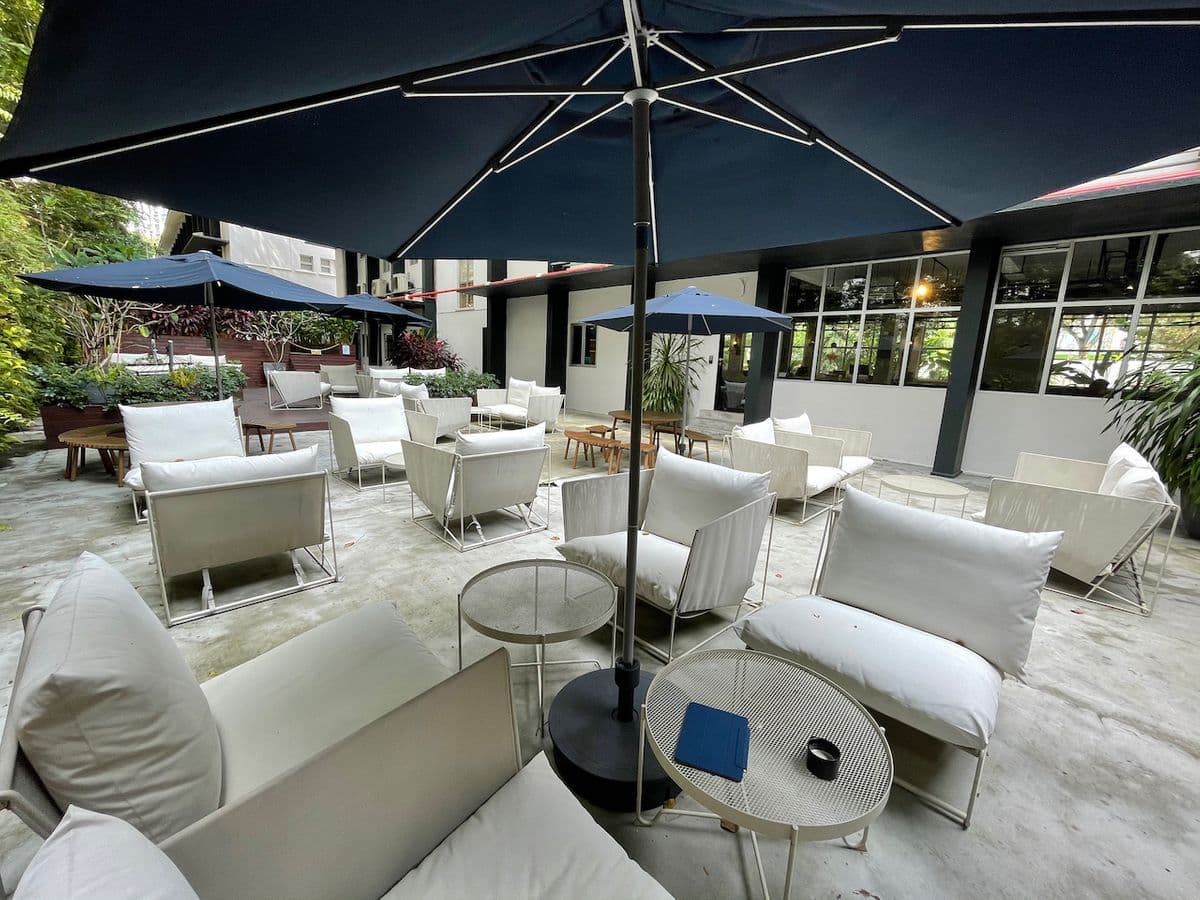
By the way, I did not mention about more luxury options or a landed house because I basically know nothing much about it.
In term of the area, I prefer central area the most if you can find a more quiet corner there. There is nothing much in the north or west so after a few weeks you will have to travel to central or east side to do more things to cure your boredom.
Work
I worked for two different companies here. My job scope in both of them were fairly different. However, I think these two companies shared quite a fair bit of similarity.
They valued "hard-working" very highly. It was very common that you would see people working overtime but maybe not at Japan level, I would assume. From what I read in the internet, this is quite common working culture in Singapore.
Oddle was quite diverse in term of their employee nationality. I am Thai and my closed colleagues were from Singapore, Myanmar, Vietnam, Indonesia, Malaysia, Philippines, India, and China. Well, that was almost the whole South East Asia + India and China.
Argile Partners was far less diverse; there were only me and another two colleagues that were not from Singapore in Singapore office. I guess this difference depends on which industry you are in. Oddle is kind of a tech company so I guess they are more welcoming for oversea talents.
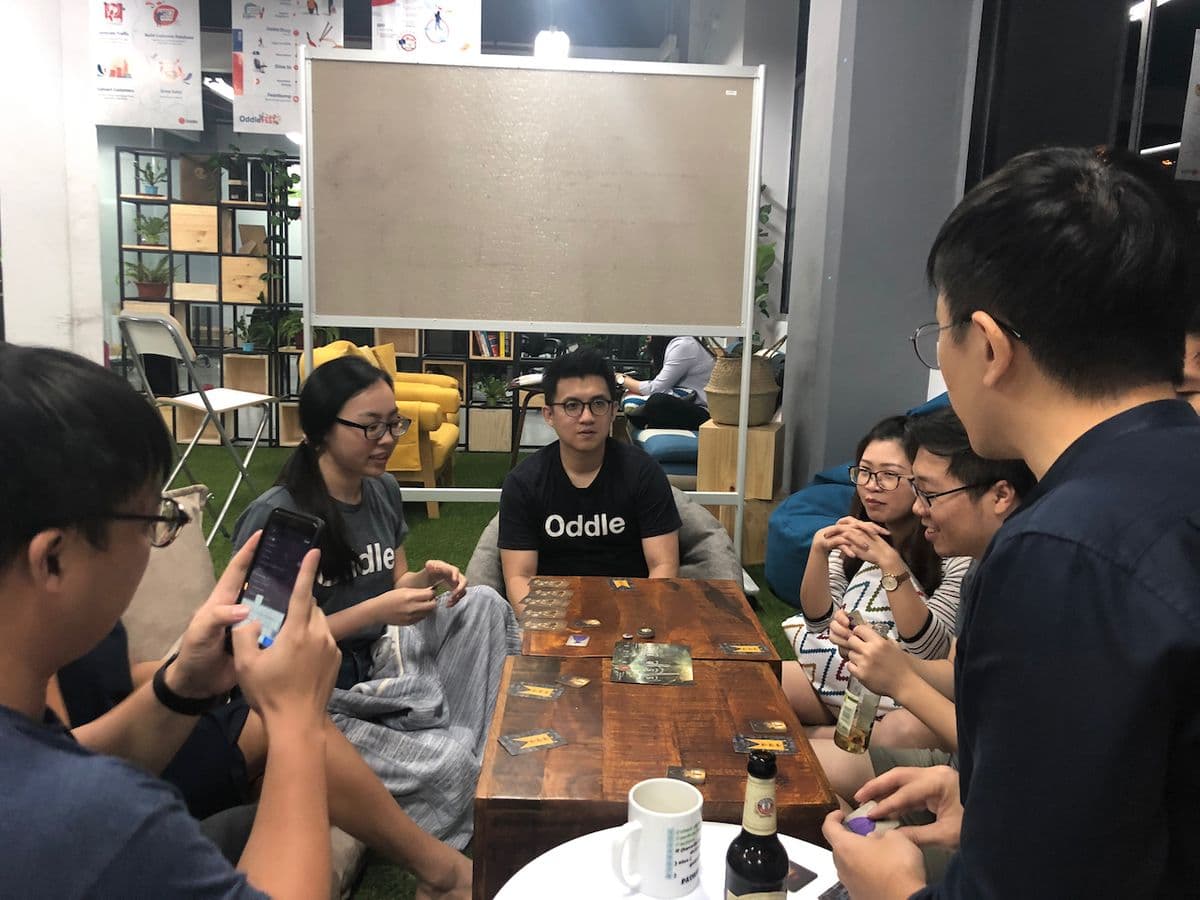
I would love to write more about this but out of respect and confidentiality I may have to keep it to myself for the time being. Overall, I had positive experience with both, although, the break-up with the later was rather sour.
Food
This came as the biggest surprise to me.
Let's talk about the most famous dishes first. Chicken rice is good. I like it. But you can find it elsewhere as well. I do not think the one in Thailand is much inferior to what they serve in Singapore. Chilli crab is "not bad" but it is not something I would want to eat often.
The better side of Singapore food is something lie beyond those two dishes. I prefer Hokkien Mee, Otah Otah, Nasi Lemak, Bak Kut Teh, Biryani, Char Kway Teow, Ma La Hotpot, Ma La Xiang Guo, La Zi Ji, Shui Zhu Yu, just to name a few, over the two most famous dishes. Okay, not all of these are "Singaporean" dish but I do not want to argue with authenticity for these. I tried these dishes here and some considered them as "Singaporean" so let's just say they are for the sake of simplicity.
My favourite dishes are Ma La Xiang Guo, La Zi Ji and Shui Zhu Yu. All of them shares similar spicy and numbing taste which is the direct translation of the word Ma and La. Funnily enough, I did not like this taste the first time I tried it. It was too spicy and numbing which made you unable to taste anything else in the dish. After a while, my taste bud adjusted and I came to love this flavour.
Ma La Xiang Guo offers you variety in ingredients. Basically you can pick whatever you like and the cook will stir them with Ma La chilli oil for you. You can experience a lot of different textures and other underlying tastes mixed together with Ma La which enhance those taste greatly. I never liked lotus root or okra but they are so good with Ma La. Now, they are a must have in my Ma La dishes.
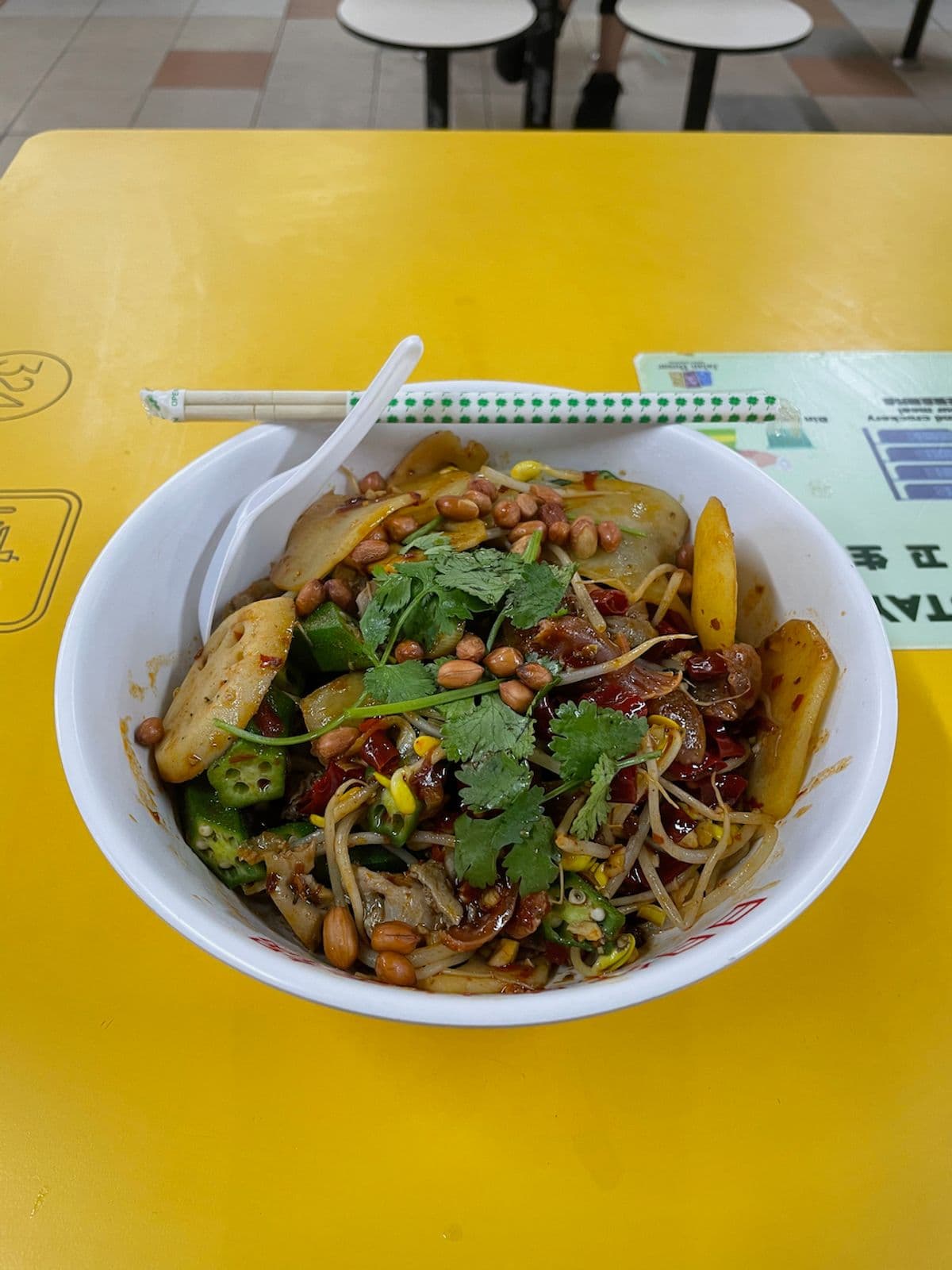
La Zi Ji is basically fried chicken with Ma La taste. You get the crunchiness and the juicy chicken meat taste which fits very well with the numbing sensation.
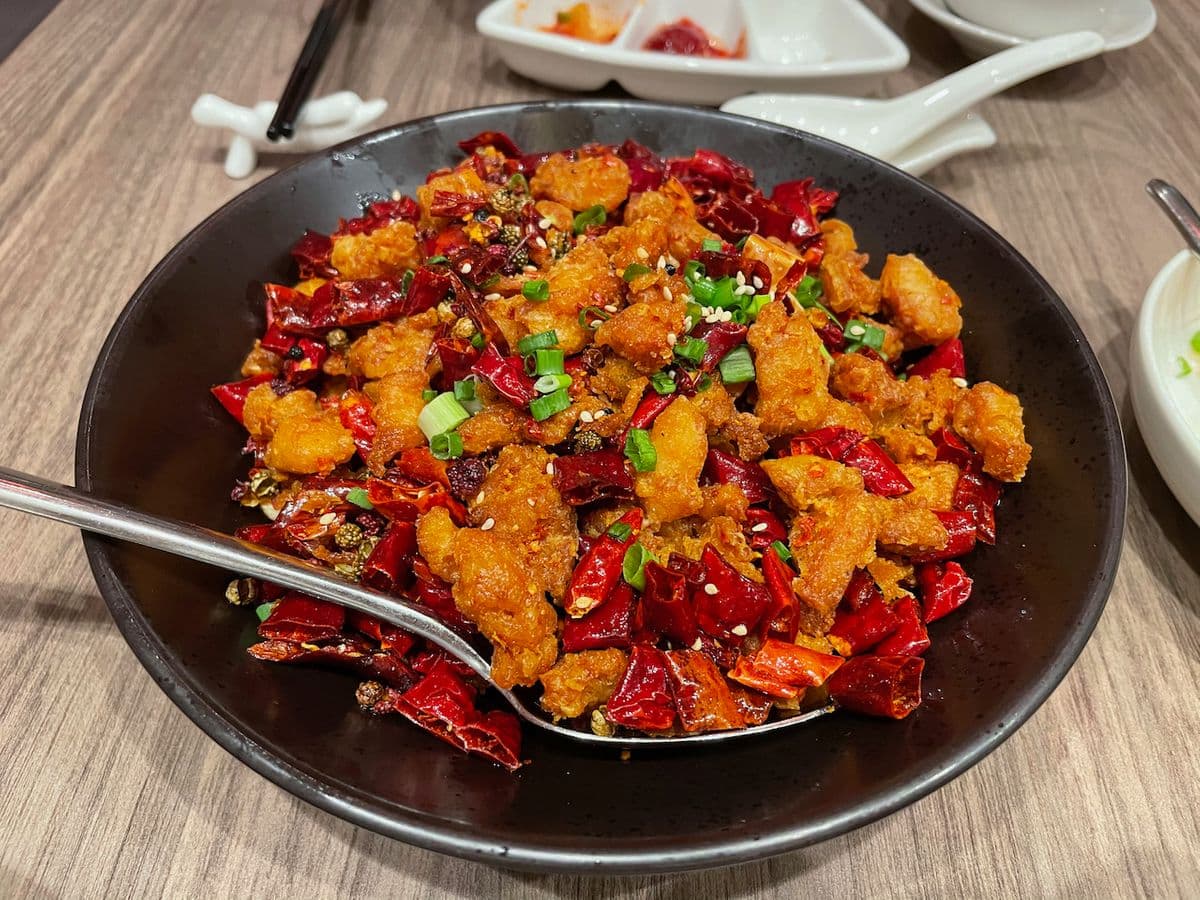
Shui Zhu Yu is basically Ma La Hotpot with grilled fish. The soup tends to have a thinner taste than the typically Ma La soup. So you can actually sip it... if your heat tolerance is high.
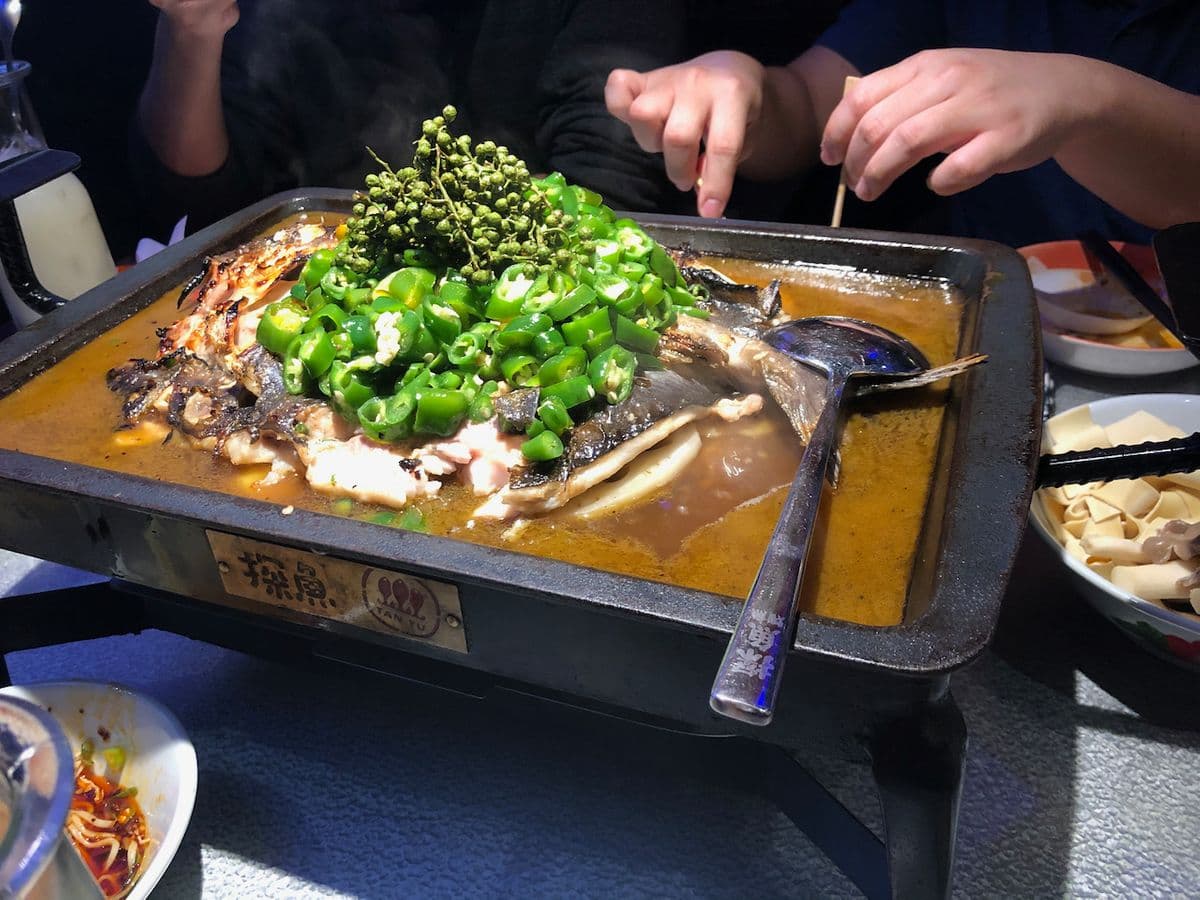
Another thing I want to mention is coffee. To be honest, I did not drink much coffee until I come here. It slowly became essential to my life. At first, I tried local Kopi. The taste was okay or I would say it was what you would expect from the 1 SGD price point. But I was not sure what's inside there messed up with my digestive system every time I drank it so I had to stop drinking it after a while.
Next, I tried the more expensive espresso-based option. The price was at around 6 SGD per cup which did not make much sense to me to pay that much every day. Until I found a more affordable and very good taste at Nylon. It is my favorite cup of coffee so far. I think at some point I started going there every day to get a cup of coffee.
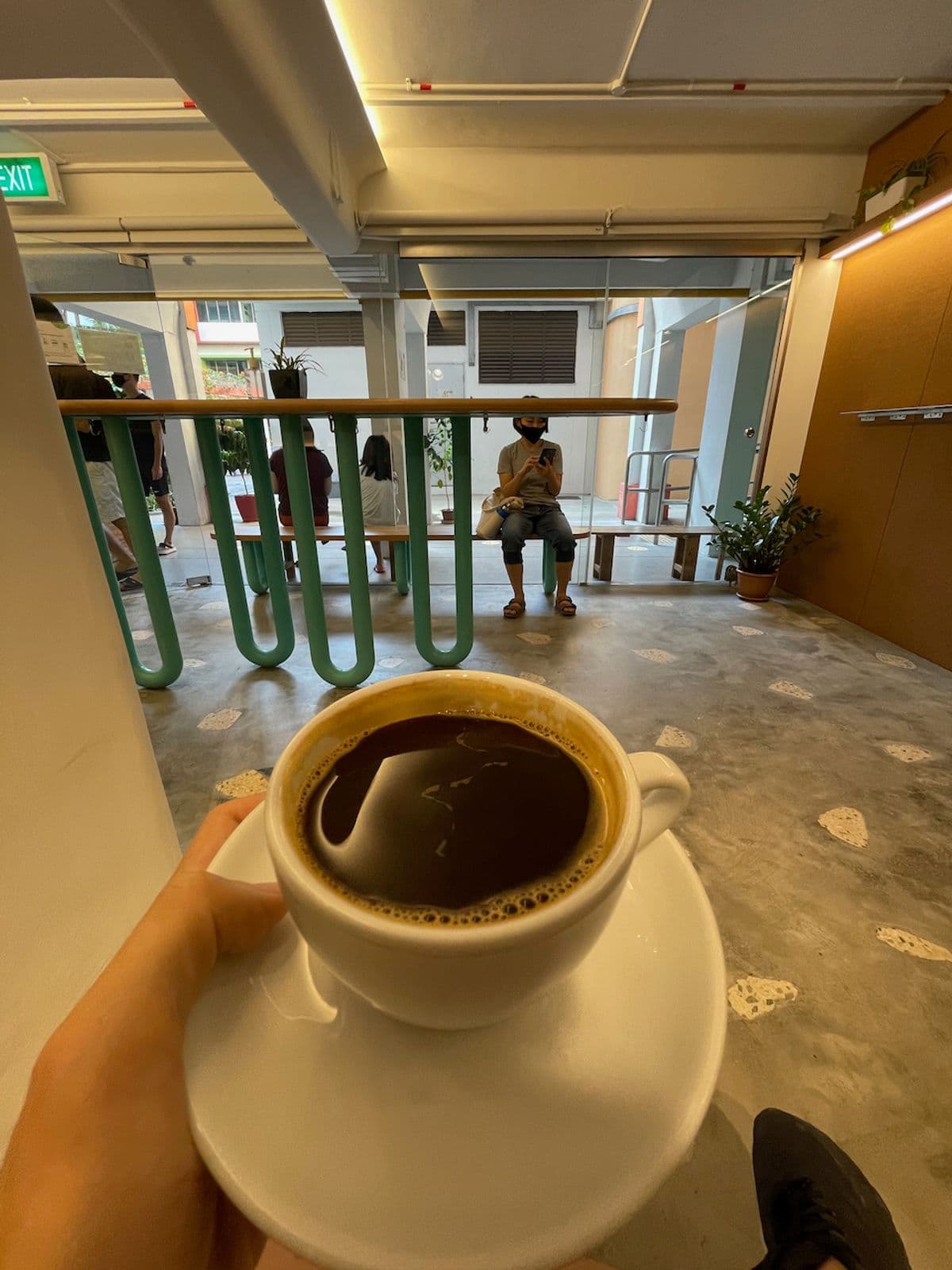
Leisure time
I asked one of my Singaporean colleagues about what to do during weekends. The answer was "Nothing, Singapore is very boring".
Well, after living here for a few years, I kind of agree with that. To be fair, Singapore is a small country in terms of size. So they cannot offer a wide variety of activities due to this limitation. Here you could, chill on a beach at Sentosa or enjoy USS, "hike" at Macritchie, cafe hopping around Bugis and Tanjong Pagar, bike along the east coast, explore Night Safari or Singapore Zoo, walk around Garden by the Bay or Botanic Garden, explore some local food from various Hawker centres or enjoy nightlife around central area. And that is about it. It is not much different from other major cities. But other cities have the advantage that they are usually more well connected with more exotic places that could offer a wider range of activities. For example, you can easily go to one of many islands in Thailand from Bangkok without much issue or you can take some historic trip to Stratford-Upon-Avon from London over a weekend.
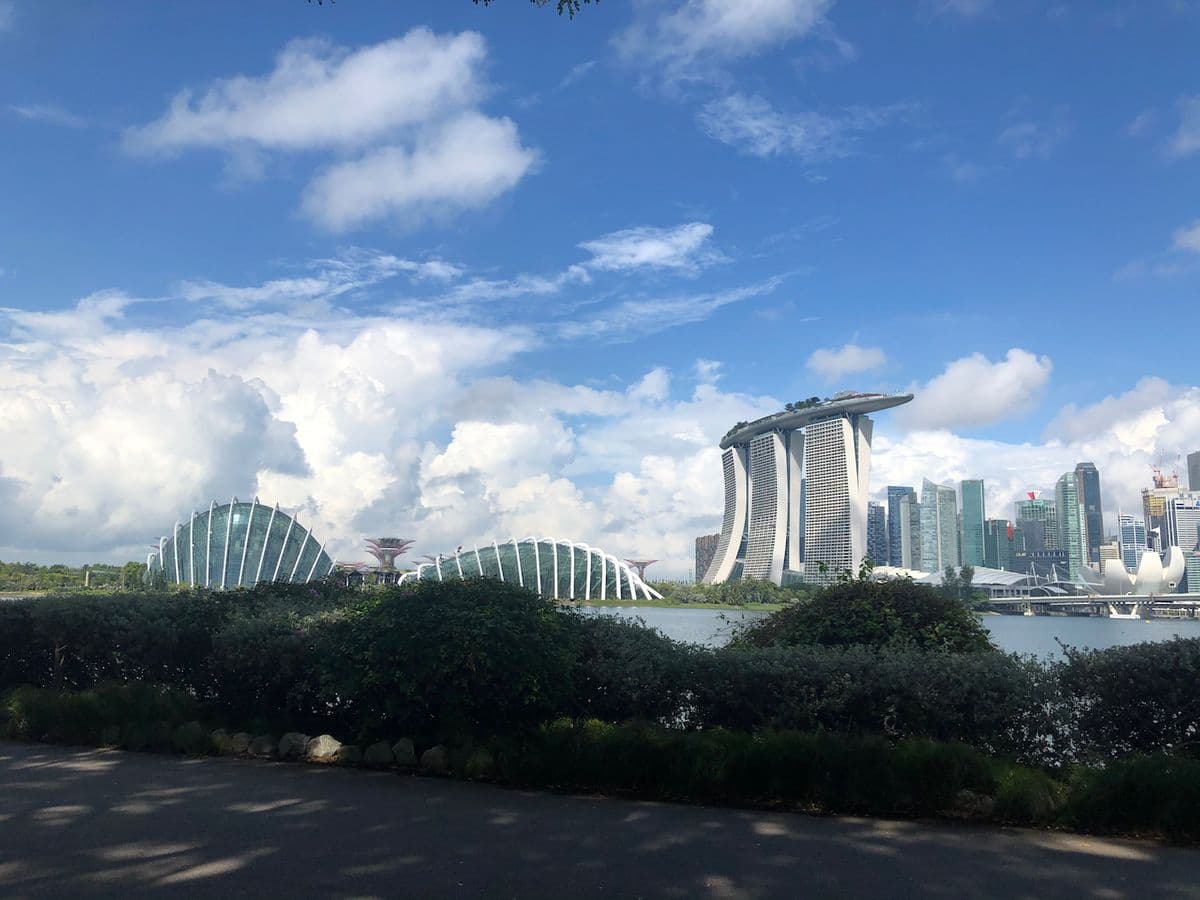
But anyway, you could also save up and just fly out overseas to enjoy other activities from Singapore as well. So I would not say it is all that bad.
Finance
I already mentioned quite a fair bit about accommodation costs earlier. I think in general it would take around 1/4 to 1/2 of your salary depends on how high is the accommodation on your list. The rest you would spend on transportation, food , and leisure time activities.
Public transportation here is cheap. It only cost around 1 - 2 SGD per trip for either SMRT or bus. It is getting more expensive if you go for a more private option. Taxi will cost you 6 SGD minimum but, realistically, you generally spend 15 - 25 SGD per trip. Unless, you call for a taxi during peak hours, late night, rain, it could hike up to 40 - 50 SGD easily.
For leisure time, there are quite a few "free" activities you can do. For example, walk in the park, hiking, and biking. Cafe hopping For the Gram can get expensive. A cup of coffee costs you around 6 SGD and a brunch dish cost you more than 20 SGD. For a more fancy dinner, it could easily cost you more than 100 SGD per person. On a night out, you would spend around 10 SGD per glass of beer, 25 SGD for a cocktail, or 20 SGD per glass of wine depends on the quality of it, of course. So if you are not careful with this you can easily break your savings in no time.
Leaving Singapore
Well, actually, it is nothing complicated.
First, I think my current job is not a good fit for me and I think not being able to go anywhere and take a break really take toll on my mental health so I decided to leave my current job and go back to my home country to take a short break.
I plan to come back here for sure. Maybe for another job to get a PR and then citizenship here or maybe just a short visit.
We shall see what the future holds.